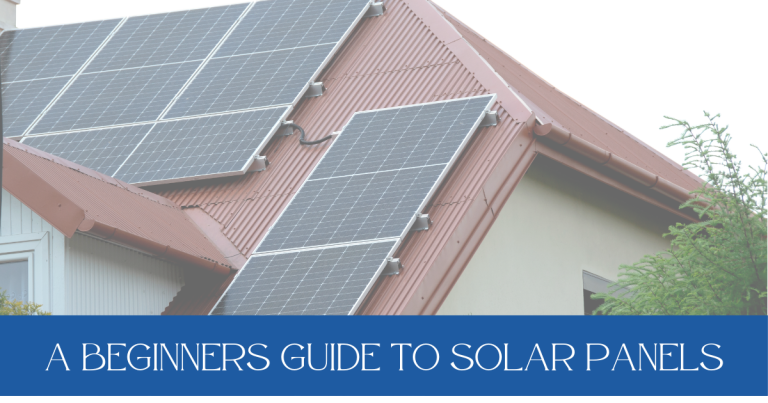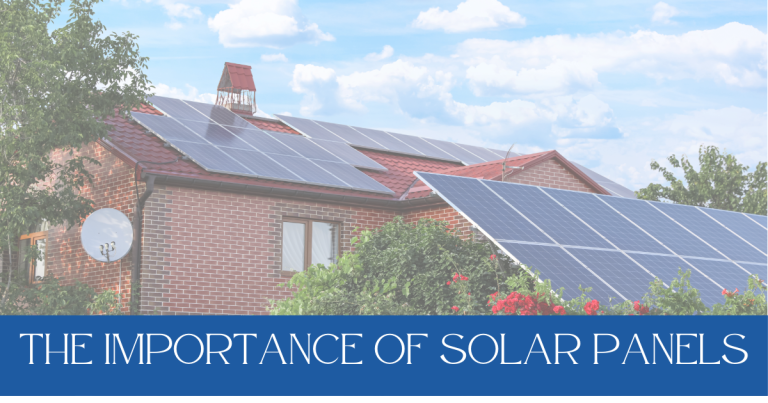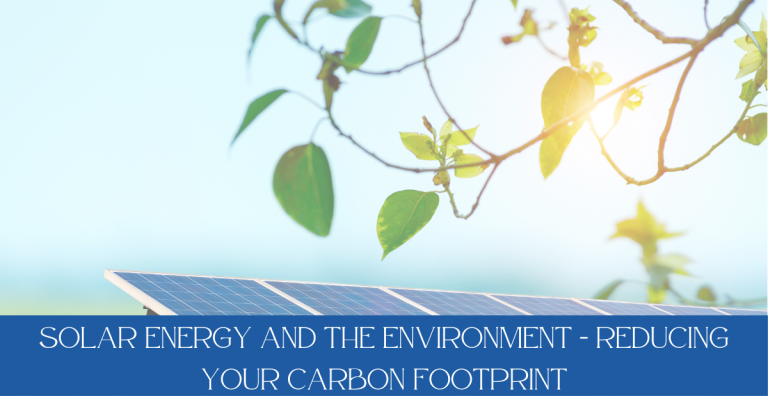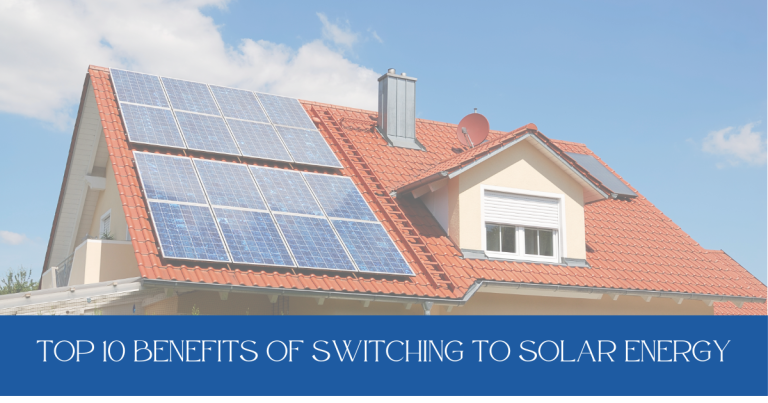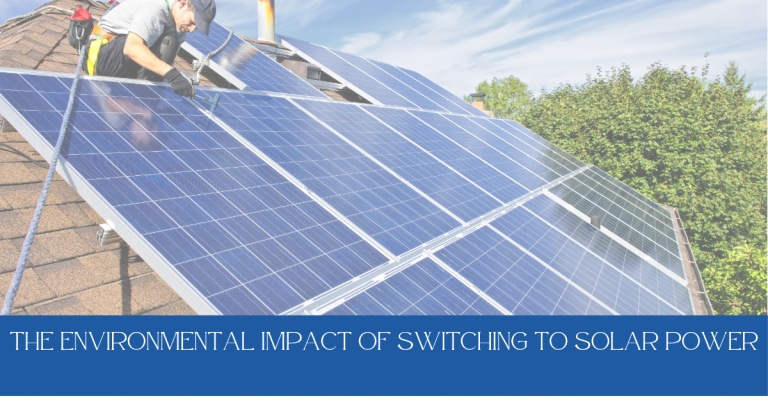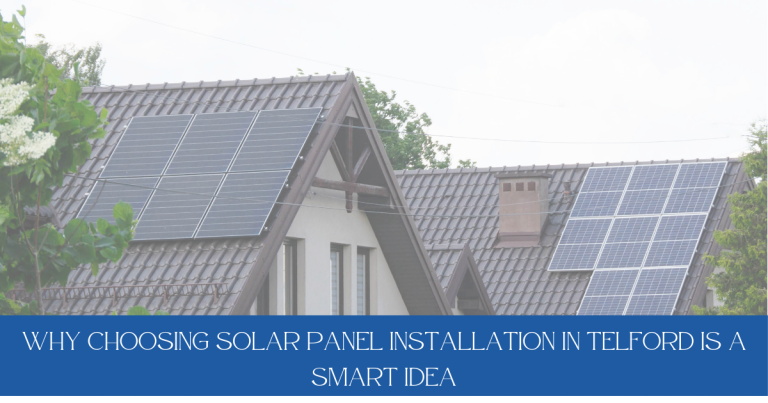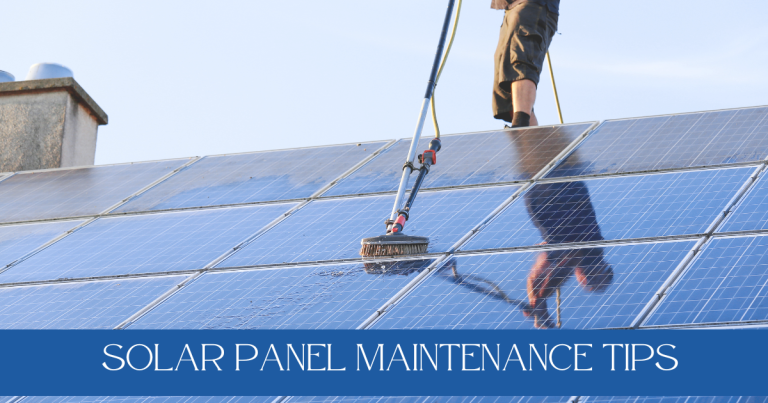
A beginners guide to Solar energy.
Solar panels are becoming a popular choice in Telford for powering homes and businesses with clean, renewable energy. But how do they actually work?
This beginner’s guide will simplify the science behind solar panels, explaining how they convert sunlight into electricity.
Understanding the basics of solar energy can help you make informed decisions about whether solar panels are right for you.
What are Solar Panels?
Solar panels, also known as photovoltaic (PV) panels, are devices that capture sunlight and convert it into electricity. They are made up of many individual solar cells that work together to harness the sun’s energy. These cells are typically made of silicon, a semiconductor material that is capable of absorbing light and generating an electric current.
When sunlight hits the surface of the solar panel, the solar cells convert the energy from the sun into direct current (DC) electricity. However, most homs and businesses run on alternating current (AC) electricity, so the next step is to convert the DC power into usable AC power. This process is what makes a solar panels a practical and efficient way to generate clean electricity.
How Do Solar Panels Work?
The magic behind solar panels lies in the scientific process called the photovoltaic effect. This is the process by which solar cells convert sunlight into electricity. Heres a simplified breakdown of how it works:
- Sunlight hits the solar panel: When sunlight reaches a solar panel, it strikes the surface of the photovoltaic cells. Sunlight is made up of tiny particles of energy called photons.
- Photons release electrons: The photons from sunlight contain energy, and when they hit the solar cells, they transfer this energy to electrons in the semiconductor material (usually silicon). This energy boost allows the electrons to break free from atoms and move around.
- Electric field creates current: Solar cells are designed with an electric field that forces these freed electrons to move in a particular direction, creating an electric current. This flow of electrons is what we call electricity.
- DC Electricity is generated: The movement of electrons within the solar panel creates direct current (dc). This is the same type of electricity that you would find in a battery.
- Inverter converts DC to AC: Since most homes and appliances run on alternating current (AC) electricity, the DC power generated by the solar panels needs to be converted. This is doner by a device called an inverter, which changes the DC electricity into AC electricity that can be used to power your home.
What Happens to Extra Solar Power?
Sometimes, solar panels produce more electricity than your home can use. What happens to that extra power? There are a few options:
- Solar Batteries: Homeowners can store excess electricity in solar batteries. These batteries allow you to save the extra energy generated during the day for use at night or during cloudy periods when your solar panels arent producing as much electricity. This is especially helpful for achieving energy independence.
- Grid-tied Systems: In grid-tied solar systems, any extra electricity generated by your solar panels can be sent back to the utility grid. Through a process called net metering, your utility company will credit you for the excess electricity you contribute to the grid. This can help offset your future energy costs when your solar panels aren’t producing enough electricity to meet your needs.
The role of the Inverter.
The inverter is a crucial component of any solar power system because it converts the direct current (DC) electricity generated by the solar panels into alternating current (AC) electricity, which is what powers your home’s appliances. There are two main types of inverters used in residential solar systems:
- String inverters: These are the most common type of inverter and are usually located in a central spot in your home. They convert the electricity from all the solar panels at once.
- Microinverters: These are installed on each individual solar panel and convert the DC electricity into AC at the panel level. Microinverters can be more efficient in systems where shading or panel performance varies across different parts of the roof.
What affects Solar Panel Performance?
The performance of solar panels can be influenced by several factors:
- Sunlight Exposure: The more direct sunlight your panels receive, the more electricity they can produce. Homes in sunny regions tend to generate more solar power, but even in less sunny areas, solar panels can still be effective.
- Shading: Trees, buildings, or other obstacles that cast shadows on your solar panels can reduce their efficiency. Its’ important to place your panels in a location with minimal shading for optimal performance.
- Panel Orientation: The direction your solar panels face affects how much sunlight they receive. Panels that face south generally receive the most sunlight throughout the day.
- Weather Conditions: While solar panels can still produce electricity on cloudy days, their output will be lower than on a sunny day. Extreme weather conditions, such as snow or dirt accumulation, can also impact performance. Regular cleaning and maintenance can help maximize efficiency.
How much energy do solar panels produce?
The amount of energy that solar panels produce depends on factors like the size of the solar system, the amount of sunlight your location receives, and the efficiency of the panels. Solar energy production is typically measured in KWh, which represents the amount of electricity generated by the system.
For example, a typical residential solar system within Telford might generate between 300 and 850 kwh per month, depending on its size and location. Telford homeowners can estimate their solar energy needs by looking at their current energy usage and calculating how much of that can be offset by solar power.
Conclusion
Solar panels are a powerful and efficient way to harness the sun’s energy and convert it into electricity for your home. By understanding how solar panels work, from the photovoltaic effect to the role of the inverter, you can better appreciate the benefits of solar energy.
Whether you’re looking to reduce your electricity bills, decrease your carbon footprint, or gain energy independence, solar panels offer a sustainable and practical solution for generating clean, renewable energy.
Ready to explore how solar can benefit your home? Book your free consultation with our expert team at Heatseal Solar in Telford today! We’ll guide you through the process and answer all your questions—no strings attached. Click here to get started and take the first step towards greener energy!

